Humans
Sign up for our newsletter
We summarize the week's scientific breakthroughs every Thursday.
-
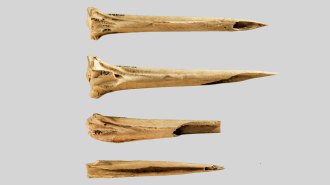 Archaeology
ArchaeologyThe oldest known tattoo tools were found at an ancient Tennessee site
Sharpened turkey leg bones may have served as tattoo needles between 5,520 and 3,620 years ago, at least a millennium earlier than previously thought.
By Bruce Bower -
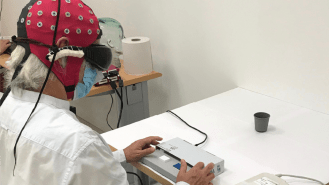 Genetics
GeneticsA gene-based therapy partially restored a blind man’s vision
Light-activated proteins inserted in eye nerve cells and special goggles help the man, who lost his sight due to retinitis pigmentosa, see objects.
-
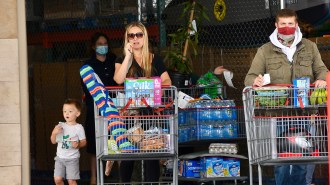 Health & Medicine
Health & MedicineThe CDC’s changes to mask guidelines raised questions. Here are 6 answers
Experts weigh in on the U.S. CDC’s recommendation fully vaccinated individuals removing masks indoors and what it means for the pandemic’s future.
-
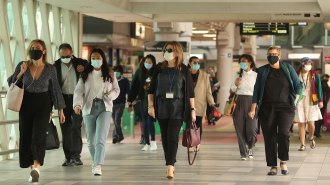 Health & Medicine
Health & MedicineCleaning indoor air may prevent COVID-19’s spread. But it’s harder than it looks
The size and setup of a room and how the room is used make finding simple ventilation and filtration solutions difficult.
-
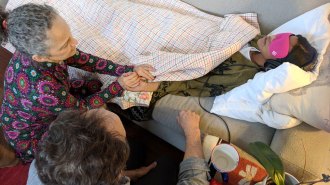 Health & Medicine
Health & MedicineMDMA, the key ingredient in Ecstasy, eases symptoms of severe PTSD
By the end of the trial, 67 percent of the participants who took MDMA had improved so much that they no longer qualified as having a PTSD diagnosis.
-
 Animals
AnimalsThe U.S.’s first open-air genetically modified mosquitoes have taken flight
After a decade of argument, Oxitec pits genetically modified mosquitoes against Florida’s spreaders of dengue and Zika.
By Susan Milius -
 Psychology
PsychologySmall bribes may help people build healthy handwashing habits
Getting people to wash their hands is notoriously difficult. Doling out nice soap dispensers and rewards helps people develop the habit.
By Sujata Gupta -
 Health & Medicine
Health & MedicineAs the COVID-19 pandemic evolves, we answer 7 lingering vaccine questions
As U.S. vaccination efforts shift to get shots to the hard-to-reach, we take a look at some big questions about vaccines that still remain.
-
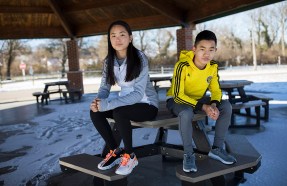 Health & Medicine
Health & MedicinePfizer’s COVID-19 vaccine recommended for adolescents by CDC committee
With the vaccine cleared for high schoolers and many middle schoolers, focus now turns to clinical trials testing COVID-19 vaccines in younger kids.
-
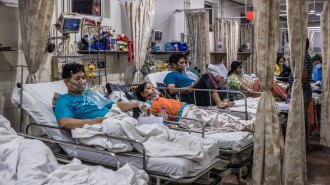 Health & Medicine
Health & MedicineHow India’s COVID-19 crisis became the worst in the world
Scientists say a laxed attitude toward masking and social distancing plus the rise of new variants may have fueled India’s coronavirus surge.
-
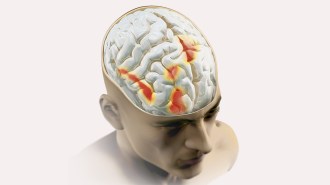 Neuroscience
NeuroscienceMild zaps to the brain can boost a pain-relieving placebo effect
By sending electric current into the brain, scientists can enhance the pain-relieving placebo effect and dampen the pain-inducing nocebo effect.
-
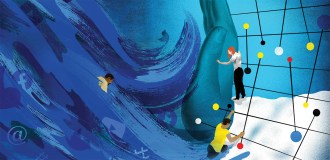 Science & Society
Science & SocietyHow to detect, resist and counter the flood of fake news
Misinformation about health is drowning out the facts and putting us at risk. Researchers are learning why bad information spreads and how to protect yourself.